Homemade soap making: instructions and recipes for beginners
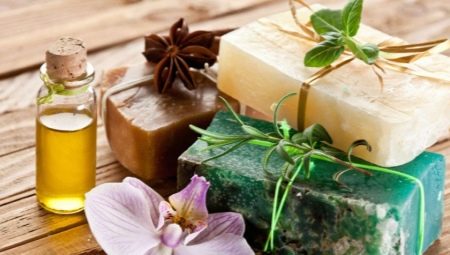
Many ladies prefer to turn to home cosmetics made from environmentally friendly ingredients. That is why housewives often resort to self-soap making. There are many different recipes, thanks to which you can make not only healthy, but also beautiful cosmetic products.
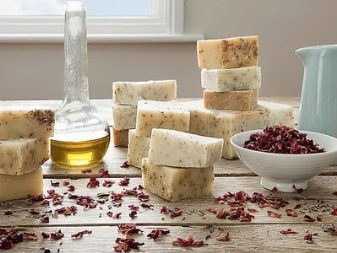
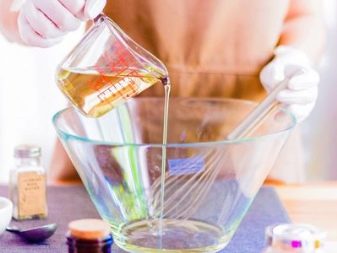
What is homemade better than purchased?
Many people who have tried homemade soap in business ask the main question: how is it better than what is sold in stores? First of all, it is necessary to highlight the fact that the specimens that are on the shelves of different stores (both simple supermarkets and many specialized outlets) do not contain ingredients of natural origin. In general, such products can hardly be called real soap, because true foods are, rather, saponified vegetable fats.
It's no secret that Store-bought soap bars often cause excessive dryness of the skin. As a result, its surface may begin to peel off, and even unpleasant itching appears. In some people, commercial soap provokes allergic reactions. If you make a safe and environmentally friendly soap at home, then components of exclusively natural origin can be used here.
It is possible to select ingredients that are ideal for a specific skin type and do not cause all sorts of allergic reactions.
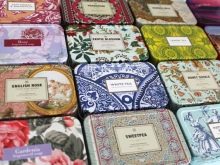

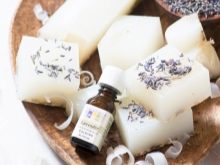
What ingredients are needed?
Homemade soap is prepared differently by different people.In this case, it is permissible to use both an already existing base and try to prepare a product from scratch. If you prefer to use a ready-made base, then you can use baby soap. It is advisable to take options that are fragrance-free. The composition of baby soap must be natural and safe. Some people, in the case of a ready-made base, want to save money and do not use purchased baby soap without chemicals, but digest remnants. Thus, the waste turns into a new briquette.
On sale you can find prepared in advance the basics, which can be snow-white and colorless. In some stores, you can find special organic bases that are ideal for making homemade healthy soaps. Most often, such products are found in specialized stores where everything you need for soap making is sold. It is very easy and simple to work with such basics - for this you do not need to have special rich knowledge and experience, although certain skills will be useful here.
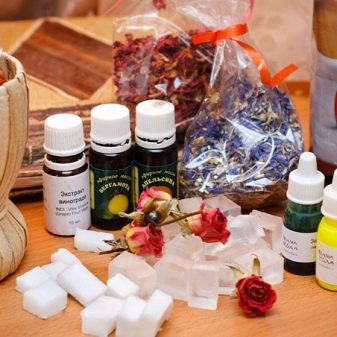
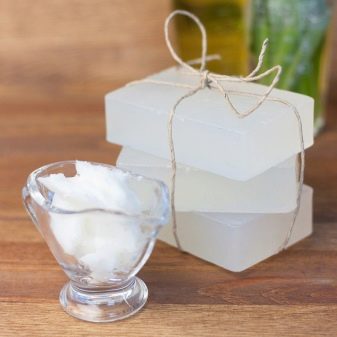
As for making homemade soap "from scratch", then this will require relevant knowledge in the field of chemistry. This condition is explained by the fact that while making soap at home, you will have to work with an ingredient such as alkali. Before you rush to start making your own soap, you need to familiarize yourself in great detail and thoroughly with the scheme for working with alkali.
It is advisable to first compile the entire list of ingredients that will be needed to make handmade soap. Most of these can be found in specialized stores. As for additional products, they are most often found in ordinary supermarkets, of which there are a lot in every city. Some ingredients will be found in every person's home.
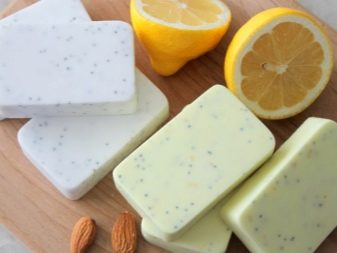
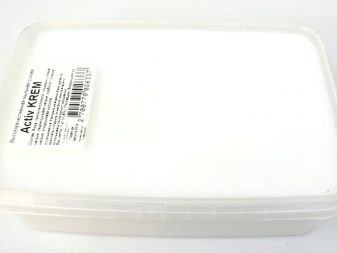
To make homemade soap, the following necessary components are used:
- ready-made base;
- base vegetable oils;
- coloring components;
- flavors;
- essential oils;
- herbs, honey, coffee, petals of different colors - these components can be used at your discretion or not used at all;
- medical alcohol.
It is worth knowing that soap bases produced by different companies differ in their cost, as well as in the degree of hardness, the time required for hardening, and other basic parameters. Foundations of organic origin are on sale, which are used to prepare high quality 100% natural soaps.
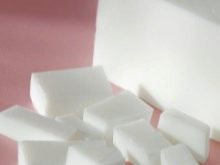
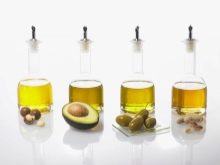
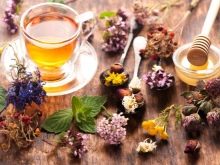
Base oils are used to enrich the product. It is these components that make homemade soap useful, enriching it with all the necessary positive qualities. Thanks to the base oils, the soap moisturizes and nourishes the skin without causing dryness. If these funds are not in the content of the product, then its use will end in noticeable dryness of the skin. In addition, such a soap itself dries quickly and begins to exfoliate. For the same purpose, these cosmetics are complemented by body creams or milk, cream or pasteurized milk.
Do not overdo it with ingredients designed to moisturize the skin. So, if you have planned to add fatty milk to the soap, then its amount must necessarily be moderate. Soaps that are too high in fat will not lather well.
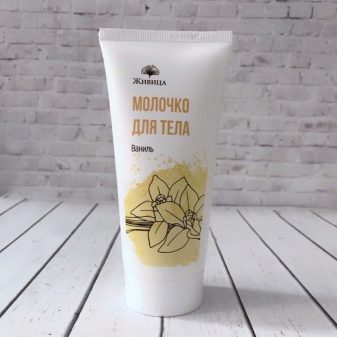
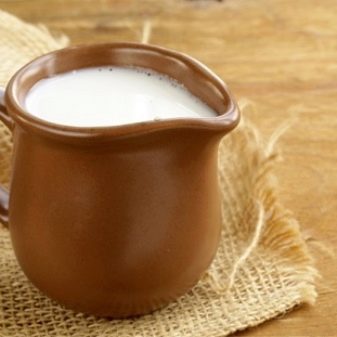
Coloring components can be used both dry and liquid. Of course, liquid dyes are considered the most convenient to use. This is due to the fact that with them it is many times easier to measure the correct amount of required drops. As for dry coloring components, first they must be mixed with oils or liquid, and only then can they be added to the desired liquid mass.
As with fats, colors should be added sparingly. This is due to the fact that the foam that forms during the use of soap can also appear in different colors. For the first time, it is recommended to stock up on a small number of basic colors: red, yellow and blue. If you mix them, you can get almost any desired shade.
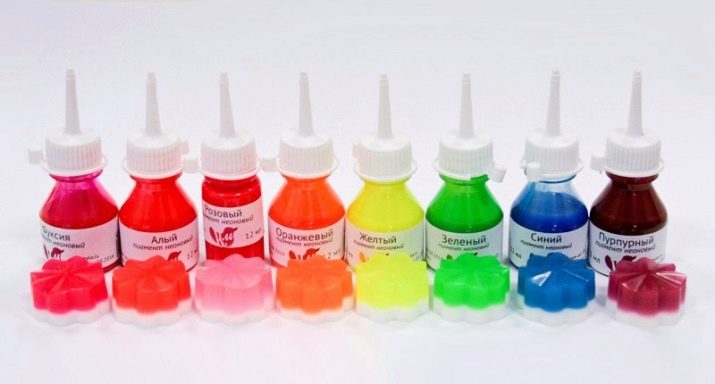
It is permissible to use dyes not only purchased, but also natural. The latter include a variety of spices such as turmeric or curry. It will be useful here and base oils, for example, sea buckthorn or pumpkin seed. Various fillers like colored clay, cocoa, ground coffee and other similar products. Of course, it should be understood that it is unlikely that it will be possible to achieve a truly rich and catchy color with these components, but in the end the soap will turn out to be safe and environmentally friendly.
Often, homemade soaps are supplemented with a variety of shiny pigments. Let's admit here and other suitable decor. With such additions, the product is more interesting and original. It is these specimens that are often presented as cute gifts and souvenirs.
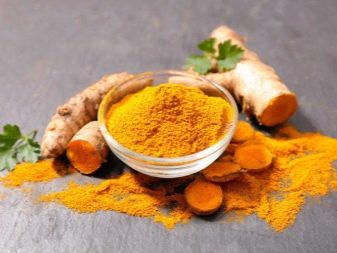
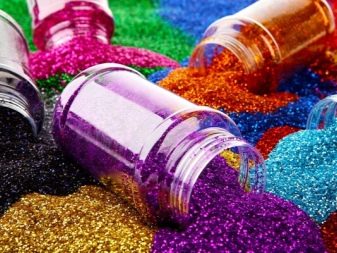
Soap without a pleasant aroma cannot be considered ready. In this case, this function may be responsible for special flavors. Some masters prefer to use special confectionery fragrances, but you can search in retail outlets for other options - fragrances for home cosmetics.
Instead of artificial flavors it is permissible to safely use essential oils, honey, coffee, chocolate and other similar ingredients. To give the soap a fragrance flower petals, various herbs or rind are good. The main disadvantage of essential oils is that they often disappear soon. Usually they are brought in at the very end.
Very often in the preparation of homemade soap, an ingredient such as alcohol... Many people wonder why it is needed and whether it will spoil the aroma of the future product. All air bubbles are removed from the soap with alcohol., as well as connecting layers in layered colorful product options. For this purpose, alcohol is required to be poured into a small-volume spray bottle and sprinkled on the surface of the soap.
Usually, this ingredient does not affect its aromatic characteristics.
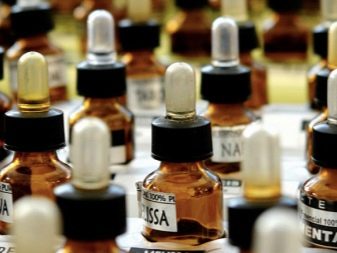
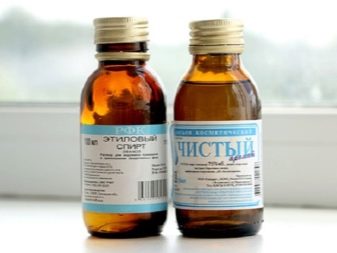
So that the home soap acquires abilities such as scrubbing, anti-cellulite properties and smoothing wrinkles, it is permissible to add various kinds of suitable fillers to it. Most often, these components are used ground coffee, nutshell powder, clay, oat flour, ground sea salt etc. All these elements can be called additional caring components that can make the product useful and effective in use.
It is not recommended in this case to resort to the introduction of components such as berries, fruits, cucumbers, ginger root. The listed additives will inevitably begin to rot in a short time, which will render the "ultra-useful" and fragrant soap unusable. Instead of these components it is better to use dried flowers, petals, ginger powder or dried fruits. Of course, every person who is keen on soap making has their own list of necessary ingredients. Here are the main components, which are used most often without harm to their own health.
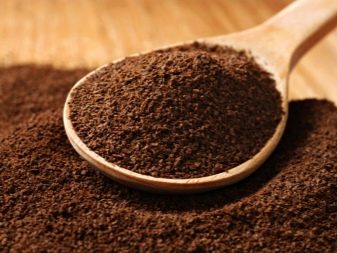
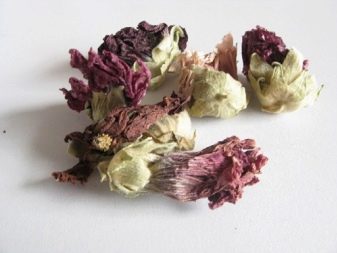
If we are talking about making soap "from scratch" (without a ready-made base purchased), then the following necessary ingredients will need to be added:
- alkalis;
- special oils required for saponification;
- liquid components: water, milk, herbal composition.
To prepare high-quality solid soap, special caustic soda is used. It is sold in the form of flakes or small crystals.
As for the alkali, this component is required in order for the saponification of fats to take place.
When it comes to the necessary ingredients for soap "from scratch", here overfat plays a very important role. Since fats become useless after reacting with alkali, it is advised to add some more oils at the end of the soap preparation procedure. This will be the same overexertion. Usually expensive and valuable oils are used for it.
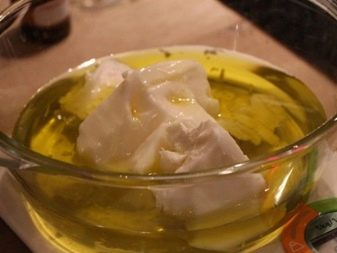
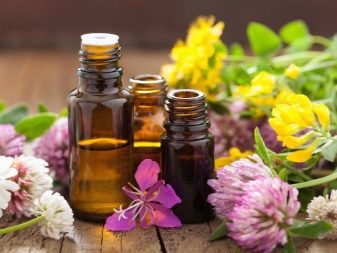
As for vegetable oils, it is permissible to add all kinds of them. Slightly less often, people resort to the addition of pork fat. The liquid is required here in order to pre-dissolve such an aggressive component as alkali and prepare it for the planned combination with fats. Using medicinal decoctions made with herbs, it will turn out to make homemade soap more useful and environmentally friendly. In addition, due to these decoctions, the product will acquire a pleasant aroma and beautiful color.
In order to color the soap and give it a pleasant scent, the following ingredients are commonly used:
- sugar, fructose, honey;
- lactic, succinic, citric acid;
- lanolin;
- glycerol;
- over-fat oils;
- dyes;
- flavors;
- a variety of useful fillers.
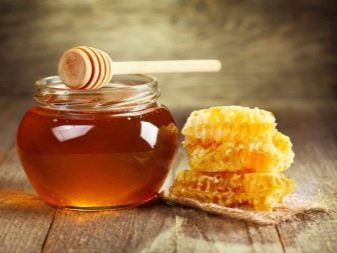
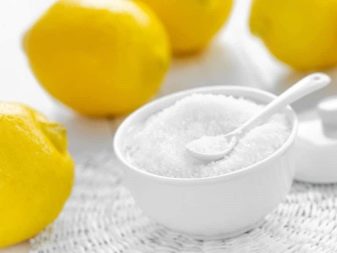
Tools and utensils
To properly prepare safe and healthy homemade soap, it is not enough to have only all the necessary ingredients in your arsenal. It is also necessary to prepare the required tools and convenient utensils. Consider what exactly you need to make soap.
- Good heat resistant capacity. It will be needed to prepare the soap base. Subsequently, this container will need to be used only for this purpose.
- The pure form in which the soap will cool down. You can use a plastic baking dish, but many craftsmen prefer to use silicone baking tins.
- You will also need measuring containers made of plastic. In them, the necessary components will need to be mixed and their volume measured.
- Good immersion thermometer, which is commonly used for jam.
- Precise electronic scales... It is permissible to use kitchen appliances.
- Gas or electric stove.
- Brand new plastic spoonsas well as wooden spatulas.
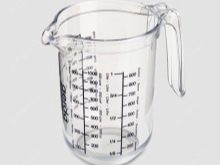
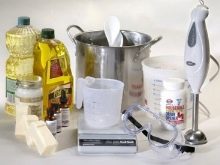
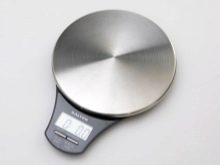
Also useful:
- scoop;
- sieve;
- syringe;
- bags;
- paper towels;
- robe;
- gloves.
It is important to keep in mind that all containers must be plastic, not metal (with the exception of stainless steel), since essential oils can negatively affect such materials.
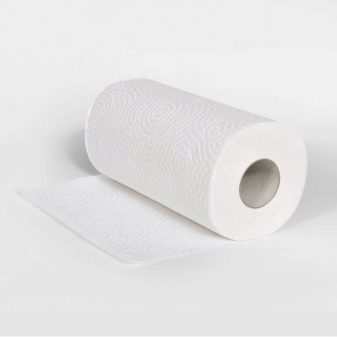
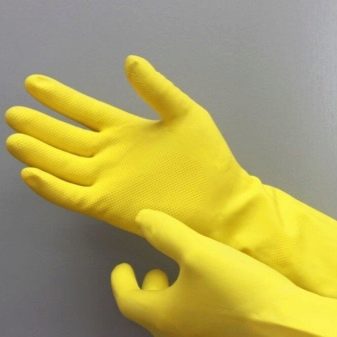
Safety engineering
If you decide to cook soap yourself, you should take into account that during such operations, you must definitely follow the safety rules. So, when cooking a product from fat and alkali, you can cause serious harm to your health if you do not know how to act correctly.
Let's take a closer look at how to behave when working with alkali.
- Always use protective equipment such as goggles, respirator and rubber gloves. Do not neglect this point if you do not want to harm yourself.
- Wear closed-toed clothing and shoes as much as possible, if you plan to work with alkali.
- All tools and containers, that you plan to use for making soap should only be used for this purpose. In no case should you cook food in them.
- Carry out various operations with alkali recommended in open air conditions. If you do not have this opportunity, then it is advisable to open all the windows in the dwelling and start the hood.
- While you're making lye soap food should not be prepared in the kitchen. There should be no children or animals nearby.
- On contact with water the alkali is very hot. That is why it is so important to ensure that the water is as cold as possible, and even better - with ice cubes.
- When it comes to alkali, then it is advisable to use special or glass containers.
- Consider another extremely important point: the alkaline solution is poured into liquid oils, and not vice versa. In addition, you will need to carefully strain the solution to prevent the ingress of whole soda crystals.
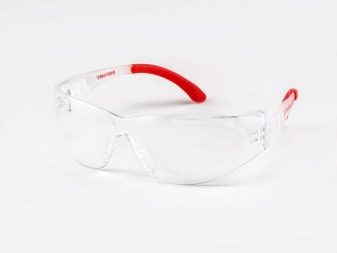
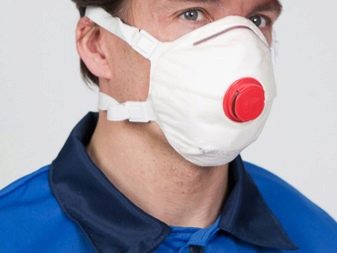
If you are making a simple soap using a water bath, then always ensure that no air bubbles form. To do this, they resort to spraying the composition in molds with alcohol. But even here it is important to follow the safety rules so as not to accidentally burn yourself by the nearby compounds.
While you are making eco-friendly and healthy soap at home, it is recommended to cover the surfaces around with unnecessary rags or newspaper pieces. Otherwise, it will be very difficult to wipe off the soapy water.
In this case, you can not do without the use of vinegar.
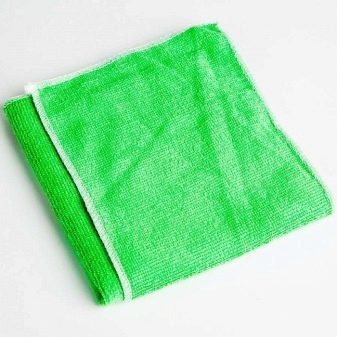
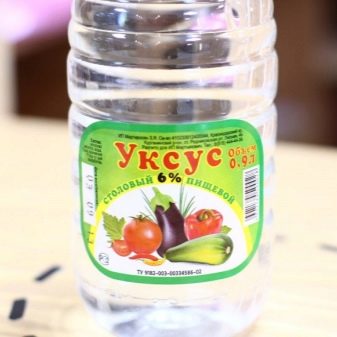
Crafting recipes and master classes
Making soap (even household soap) at home is not as difficult as it might seem at first glance. The main thing is to clearly follow the instructions, act carefully, step by step and follow all the necessary safety rules. If everything is done correctly and not in a hurry, then as a result you can get excellent healthy products that will surpass ordinary commercial soap in their qualities.
Many soap makers consider healthy olive soap to be their favorites. To prepare this wonderful product you need:
- 80 g of bee honey;
- 90 ml olive oil;
- 320 g base;
- 4 drops of green coloring component;
- 10 g ground basil.
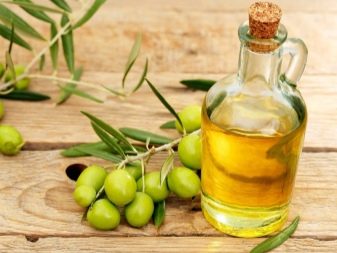
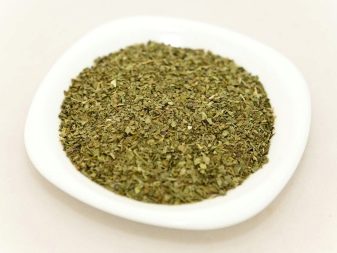
Now let's take it step by step, how this soap can be made.
- In this case, it is advisable to use a steam bath. First, it will need to melt the base for the future soap.
- Now gently and gradually start adding all the necessary components, but not all at once, but in turn. All this time, the mass must be stirred without stopping.
- Distribute the prepared composition on beautiful molds.
The result is a very useful soap that will effectively nourish the skin, making it not only clean, but also very soft.
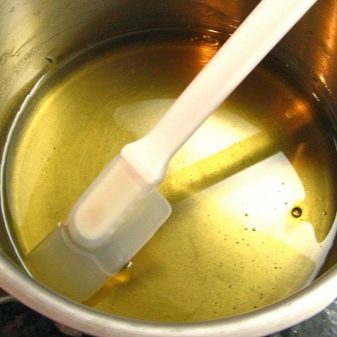
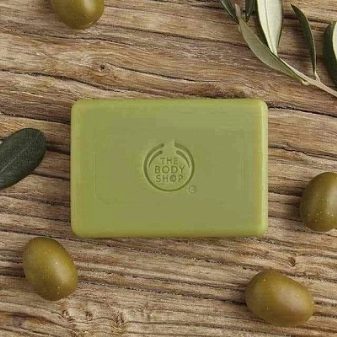
An interesting idea in soap making is soap balls for the bathroom. They are prepared in a cold way. In this case, the following ingredients are required:
- baking soda;
- lemon acid;
- starch (corn starch is recommended);
- any essential oil you like best;
- spray;
- special molds.
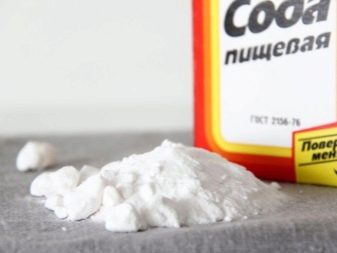
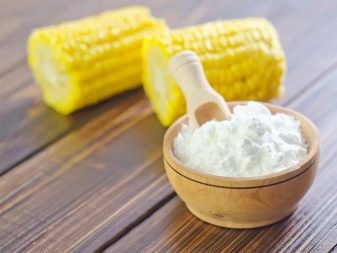
The procedure here will be as follows.
- First, combine soda, acid and starch in a pre-prepared enamel bowl. Mix all components.
- Run into a spray bottle selected essential oils. Mixing loose ingredients, spray them with oil. The readiness of the composition should be checked with a finger - if the mixture began to stick, then you can safely proceed to the next step of preparation.
- Add to the resulting solution decorative elements or auxiliary details: lemon wedges, crushed zest, rose petals. Next, move the mass into special molds.
- Remove the mass in the refrigerator and leave there for 6 hours. After the indicated time, carefully remove the soap balls from the molds, and then transfer to a cool place for about a day.
- Then remove the balls in a plastic bag and store in a cool place. These homemade balls should be placed in the bathroom before filling with water.
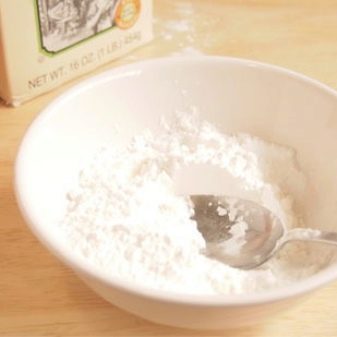
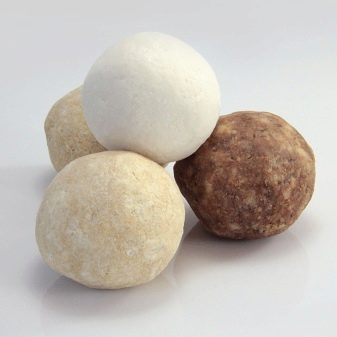
You can also make peach soap with rose petals. You will need:
- 200 g baby soap;
- 1 tbsp. l. peach ether;
- 5 drops of rose ether;
- pink or yellow dye;
- rose petals.
Prepare the product in this way.
- Divide the baby soap into two halves: one will be larger and the other smaller.
- Whisk these halves and add coloring components to them.
- Lay out the mass in a thin layer of molds, put rose petals on top, and then fill in the second layer. Duplicate these steps until you fill the shape to the edge.
Using a similar recipe, you can make a beautiful curly lavender soap with your own hands, but here, instead of rose petals, you should lay out small lavender branches. The pigment should be applied magenta.


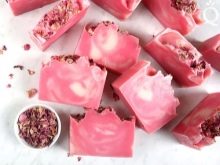
Helpful hints
Everyone can learn how to create such crafts at home.If you act correctly and follow the instructions, soap making will seem simple and interesting even for novice craftsmen. At the same time, it is recommended to listen to a number of useful tips.
- It is recommended to use home soap regularly, to achieve maximum hydration and skin regeneration. Such products can be safely used to cleanse the body and face, especially if they are based on gentle baby soap.
- Experts saythat the ideal mold for making homemade soap is thin and rectangular. Soap poured into such containers is much easier to get and cut.
- Melted soap it is necessary to fill only with a thin stream and in a spiral, because voids are not formed this way.
- Soap base it is recommended to heat it up to a temperature of 70 degrees, so as not to "kill" all the beneficial properties of natural ingredients present in homemade soap.
- Absolutely all works adjusting the soap should be carried out only 2-5 minutes after the product has cooled down, but still remains plastic.
- It is advisable to sprinkle the molds with alcohol beforehand, so that later the soap will be easier and more convenient to get out of them.
- If you want to store homemade soap for a long time, it is recommended to do this in cling film and in the refrigerator, but not in the freezer.
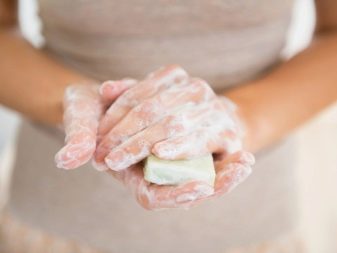

For information on how to make natural soap with your own hands, see the next video.









My advice and caution: never melt baby soap in the microwave - the smell is unbearable! It is best to use a commercially available soap base.